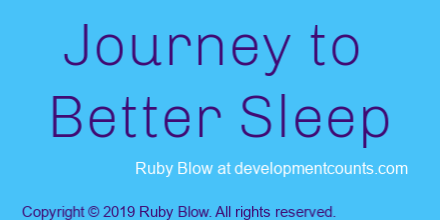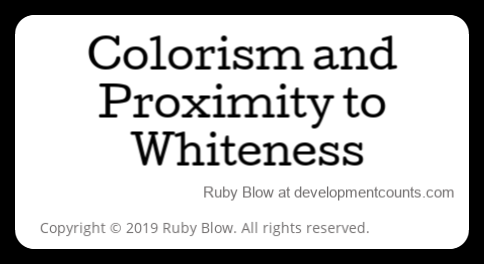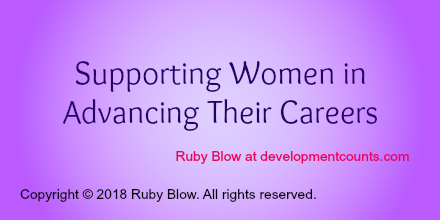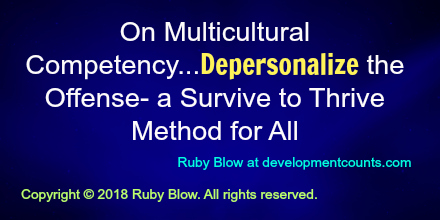Today I listened to an NPR podcast that was recommended by a colleague. It is not for those offended by profanity, so please listen at your own risk. What I can tell you is that it was so very engaging, sad and thought provoking that I listened to all seven episodes without stopping. I listened to it on my iPhone as I cooked, cleaned, drove, ran errands, walked on the treadmill and sorted through e-mails.
The podcast was released by National Public Radio (NPR), from Serial and This American Life. It is called S-Town, and was hosted by Brian Reed. Whether you have a podcast “app” or not, you can find it at https://stownpodcast.org/.
This was recommended to me as type of cultural study on the problems in Southern, white, rural America and mental health. But it was that and so much more. I don’t want to reveal too much, as I highly recommend that you listen to the podcast yourself. However, I must share a few things in order to convey one of its central themes.
The host (Brian) goes down to a small town in Alabama to meet a man named John, who suspects a murder has been covered up in his home town. John is in his early 50’s and has a long list of complaints about not only his hometown (S-Town), but also the world at large. From the moment you hear John’s voice and hear his complaints it is clear that he suffers from depressed mood, mood swings, and obsessive thoughts and, as it would turn out, so much more.
It quickly becomes clear to the listener that John is a genius. He is a highly sought after clock repairman and has a vast knowledge of science and all things mechanical. He is at times wildly entertaining and funny but also edgy, irritable, biting, paranoid and lonely. He lives with his mother, Mary Grace, who has dementia. His closest friend (and pet project) is a young man in his 20’s named Tyler, who John hires for odd jobs around his house and large acreage of land.
Brian (the NPR host) begins to wonder if John had ever had a romantic love relationship. He goes in search of the answer. During the later podcasts (episode 6 out of 7), Brian interviews a friend of John’s named Olin. John and Olin shared the experience of being gay men living in communities where being gay is not generally supported. They were also born in a time when bigotry, sexism, homo-phobia, racism, as well as thinking and believing similarly as those around you was “the way” to survive.
One had to learn how to hold oneself in…revealing little to nothing openly about one’s own sexuality. It is important to remind those who live in large cities that readily available access to widely varied groups of people and communities is often missing in small towns.
John and Olin led very closeted and lonely lives. They both longed for romantic love but had limited opportunities to find and cultivate relationships. Olin describes in detail his interest in the film “Brokeback Mountain” about 2 gay men who were cowboys in the 1960’s who fall in love with each other. It was clear that this film stood as one of the few representations of himself and his life that Olin could find in film.
John and Olin’s communities were largely socially conservative and the nature and structure of their small town life did no provide a sufficient number of openly gay people with whom to congregate and gain support. For these men, seeking relationships was resigned to the shadows of phone lines (pre-internet), or initiation from older gay men or in some cases…as men married to women. John and Olin met on a telephone line for men seeking to meet other men. The both have experienced vast periods of celibacy and extreme isolation around their sexual identities.
Sex was occasionally an option – but not romance and certainly not love. John’s and Olin’s intellects guided their behavior to align with the societal expectations of educated, white males from the higher socioeconomic class. Restraining their natural impulses, as well as an inherent cultural reserve, limited both men to more formal relationships that lacked romance. Awkward advances, both few and far between, did little to bridge the gap that existed between them and potential partners. Their reluctance and inexperience left few opportunities for taking both risks and also for being humiliated or heartbroken.
John instead sought to help both animals and people in need. Specifically, he sought to help young men who were troubled as a result of abuse, family dysfunction, substance abuse and limited economic opportunity. He would at times befriend women. Generally those (platonic) relationships would spiral when John felt that the object of his attention found a primary love relationship with someone else. He had little ability to tolerate the risks of being abandoned or sharing…he would instead push the “friend” away with really bad ill-tempered (and some cases humiliating) behavior.
There was a discussion between the NPR host, Brian, and Olin about how one managed under those conditions. It was described as “learning to live without.” That phrase stuck with me. Even though these men’s circumstances were unique to their culture, gender, communities, age and sexuality, “learning to live without” reminded me of the challenges that many single people face.
Even though John’s friend Olin described their lives as “learning to live without,” it is clear that loneliness plagued John, just as his depressed and unstable moods did.
As our culture shifts and people:
- get married later in life or never marry;
- have children later or don’t have children;
- seek marriage with the primary expectation of love…
many are trying to find where they belong. They seek to establish where they belong in the context of relationships as well as how to cultivate what they envision.
I see and experience more women and men expressing dissatisfaction with trying to form committed relationships. As a result, more people are trying to “learn to live without.” Many who do form committed relationships learn that it requires more effort than they imagined. They are often disillusioned and need a lot of relationship education and personal development to form the levels of intimacy and love that they desire.
Many people are trying to come to terms with a life that looks and feels vastly different from what they expected and what was expected of them. When this longing is paired with mental illness, it can be lethal. Let us never underestimate the importance of supporting people in leading a full life. We must move beyond “coping skills.” We must move beyond “learning to live without.”
A few among us can truly lead fulfilled and fulfilling lives having never had romantic partnership. But many will suffer without the support needed when one risks pursuit of the rewards of love alongside the humiliation of heartbreak.
Copyright © 2017 Ruby Blow. All rights reserved.
Share your thoughts on Linkedin, Facebook, Twitter or log in to one of your accounts below to comment. Subscribe to my YouTube channel.





